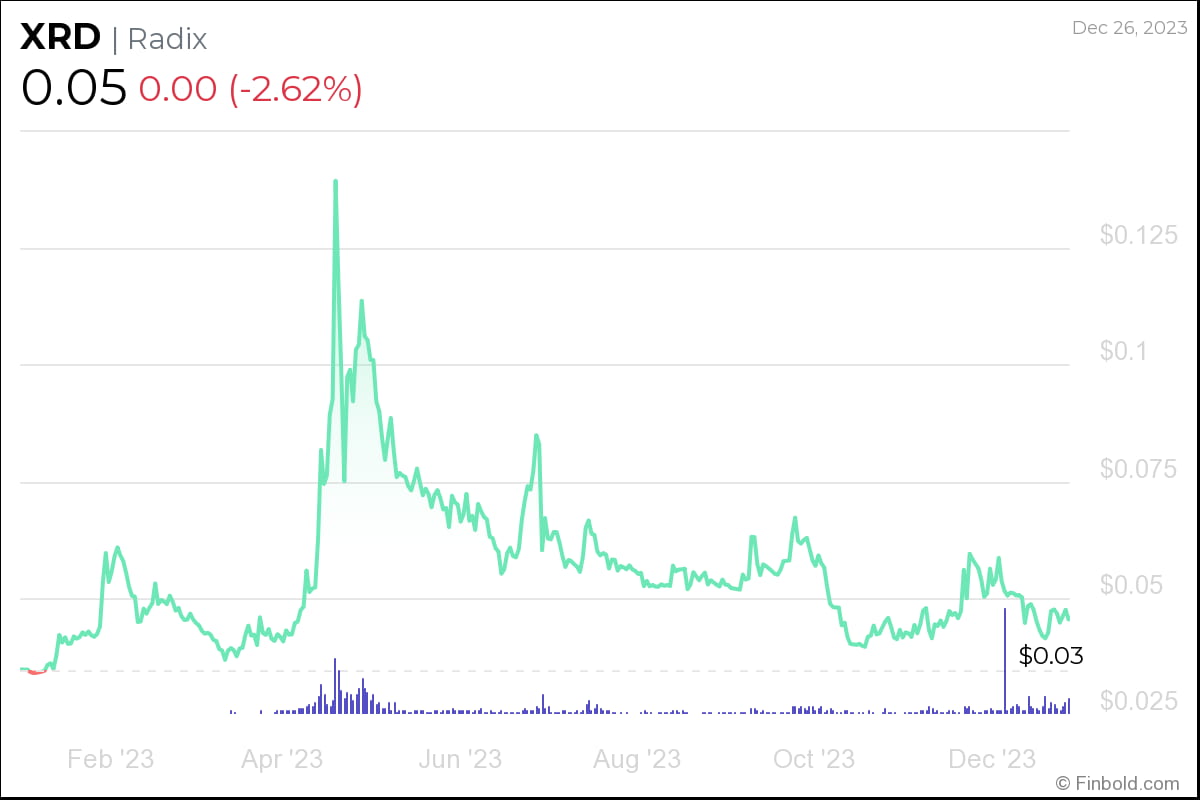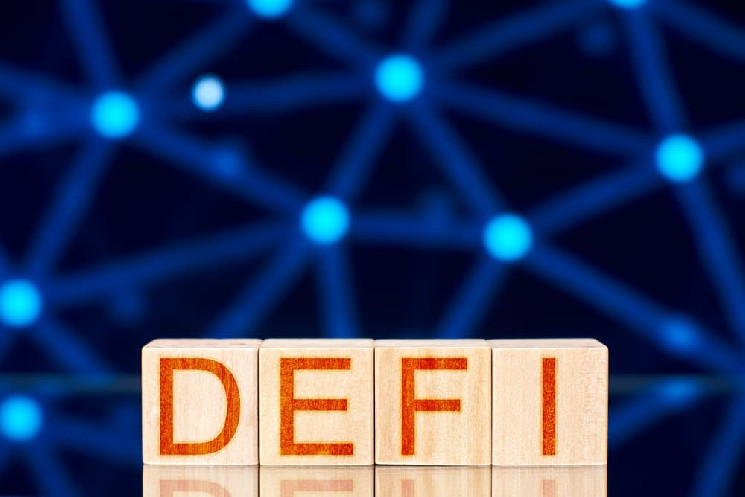The decentralized finance (DeFi) ecosystem is a living laboratory for a financial revolution less dependent on trusted intermediaries. It is also a thriving market that has already surpassed some relevant economies’ and countries’ GDPs.
However, DeFi is still mostly experimental, with dozens of projects surging every day trying to solve similar problems differently.
In this context, smart money constantly looks for the most promising chains and protocols to allocate capital. This speculation game offers relevant challenges for cryptocurrency investors without proper research knowledge or time to research properly.
Moreover, the experimental aspect of DeFi also brings multiple risk exposures and protocol failures. Under these conditions, Finbold selected two DeFi cryptocurrencies to buy in 2024.
Solana (SOL), a DeFi surge
Solana (SOL) has surged in 2023 for one of the year’s most solid and best-performing cryptocurrencies. Notably, Solana offers a far more scalable network and infrastructure for DeFi than Ethereum (ETH), which fuelled its rise.
From the price of $9.96 per token on the first day of the year to $116.79 by press time on December 26, SOL rose 1,072% year-to-date (YTD). Conquering the 4th position among the most valuable cryptocurrencies after dethroning BNB Chain (BNB) and other competitors.

Additionally, Solana speculators can also find value in its native and most used decentralized exchange (DEX), ORCA.
Nevertheless, renowned crypto analysts alert to the fact that SOL could be already overextended at these prices. It is known that FTX and Alameda Research still own relevant shares of Solana, which imposes a massive liquidation risk.
SOL is also one of the most inflationary tokens in this space, constantly creating meaningful selling pressures.
Radix (XRD), a DeFi promise
On the other hand, Radix (XRD) is still a fairly unknown and seemingly undervalued project in DeFi, yet to find recognition.
Just like Solana, Radix offers a more scalable approach to decentralized finance through sharding — which also brings faster settlement under lower transaction fees.
Interestingly, the “asset-oriented” approach of tokens and smart contracts is an innovative feature for DeFi. This model solves many of the known issues in other layer-1 infrastructure blockchains, optimizing how users deal with their assets.
Despite its technological innovation, the native token, XRD, had a challenging 2023. It is currently trading at $0.045 on December 26, up no more than 50% YTD.

It is important to understand that Radix is still a low-liquidity and low-market cap cryptocurrency. Its DeFi ecosystem is still growing, and the $20 million total value locked (TVL) is far lower than Solana’s $1.5 billion.
However, Radix was designed from the start to offer an unprecedented user experience for DeFi. It is still uncertain whether XRD will succeed or not to accomplish this task.
Some protocols are already conquering investor’s attention in its ecosystem. Particularly Ociswap (OCI), CaviarNine (FLOOP), and Weft Finance (WEFT).
All things considered, investors and speculators must remain cautious with both Solana and Radix for different reasons. The former’s high inflation and seemingly overbought status could propel a price retracement at any moment. While the latter is still highly speculative, which might create high price volatility upwards or downwards.
Disclaimer: The content on this site should not be considered investment advice. Investing is speculative. When investing, your capital is at risk.
 finbold.com
finbold.com
